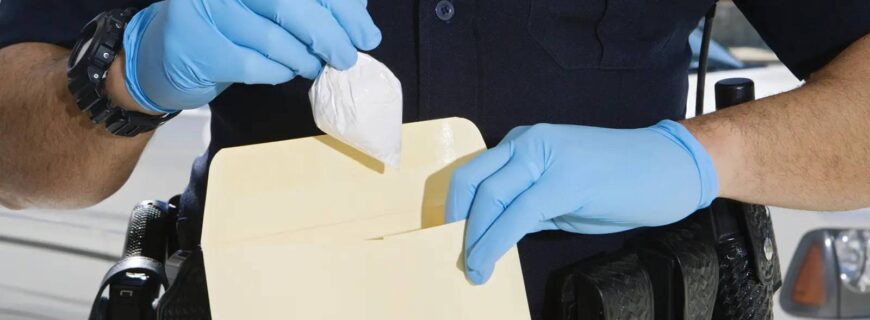
Drug Crimes
Drug Crimes Attorney In Dublin, California
Experienced Defense in the Tri-Valley Area
The State of California aggressively prosecutes drug crimes, and for those facing investigation or charges for drug possession, sale, manufacturing, transportation, or distribution, a skilled Dublin drug crime lawyer can help you understand your legal options. At times, there may be a conflict between California and federal law concerning drug use or possession. For example, in California the use or possession of medical marijuana or cannabis has largely been decriminalized, however, the federal government continues to treat cannabis as a controlled substance, like heroin or cocaine.
The Law Office of John W. Noonan understands the nuances associated with drug crimes. Our attorney has devoted his legal practice to criminal defense and, as a former prosecutor, he brings over 55 years of experience to protecting the rights of those facing criminal charges for drug offenses. In many cases there may be options, such as drug treatment programs and other sentencing alternatives to prison time.
California Drug Laws Target Use & Distribution of Controlled Substances
California has modeled their drug laws after the Controlled Substances Act, 21 U.S.C. section 801 et seq. The categorization of drugs, ranging from Schedule 1 to 5, lays a foundation for making the possession, use, and distribution of certain drugs illegal. Generally, the prosecutor brings charges against an individual for a drug crime depending on the type of drug, the amount, and whether the drug was intended for personal use or sale. The individual’s past criminal record also factors into the charges.
Some common drug-related charges brought under the California Health and Safety Code include:
- Section 11350, Possession of Controlled Substance
- Section 11351, Possession for Sale of Narcotics
- Section 11352, Sale or Transportation of a Controlled Substance
The crime of possession for sale of narcotics is considered more serious than possession of drugs not lawfully prescribed. Whereas possession may be charged as a misdemeanor, and some defendants may be eligible for drug diversion or other alternatives to prison, possession for sale is a felony. Several factors determine whether a suspect has possessed drugs for the purpose of sales.
Police and the prosecutor look at:
- The amount of narcotics
- The packaging
- Whether sales were made
- If a weapon was present at the time of the arrest
It is important to note that any evidence that has been obtained unlawfully may not be brought against the suspect. A skilled drug crime attorney in Dublin can assess whether a search warrant was properly obtained, for example.
A conviction for manufacturing drugs and narcotics, according to Health & Safety Code section 11379.6, is a felony. Manufacturing, processing, or producing controlled substances, for example, by running a meth lab, is a serious offense in California. The punishment is up to seven years in state prison and can be longer if large amounts of drugs are involved.
Another type of drug crime is driving under the influence of drugs. According to California Vehicle Code section 23152(a), it is illegal to drive under the influence of alcohol or drugs. An individual may be arrested and charged with violating this law if their driving ability has been impaired by drugs.
Do you need to speak with a lawyer regarding an arrest or accusation of juvenile crime? Call our 24-hour phone number at 925-396-4380 and arrange your free consultation .

